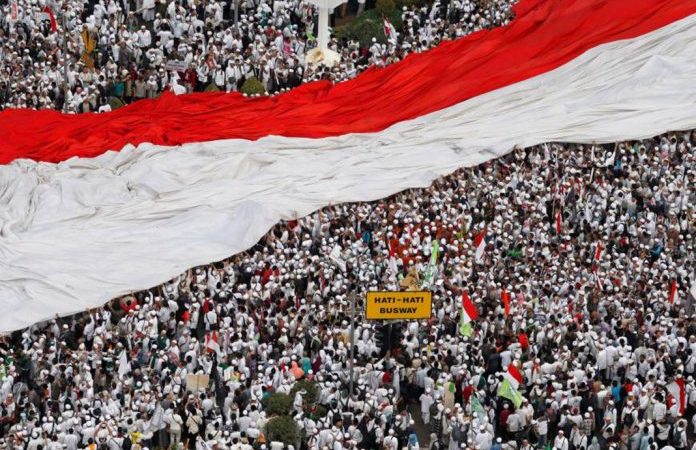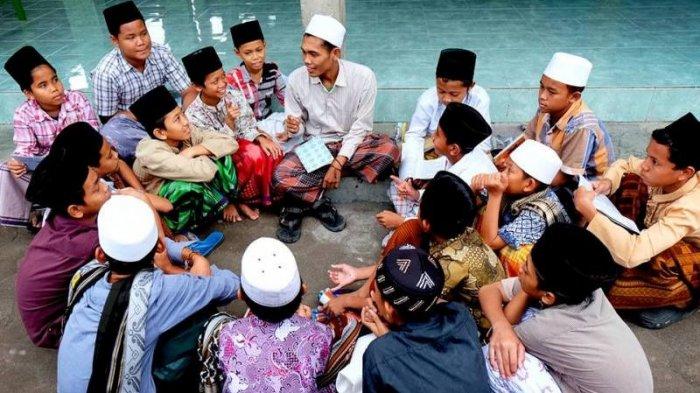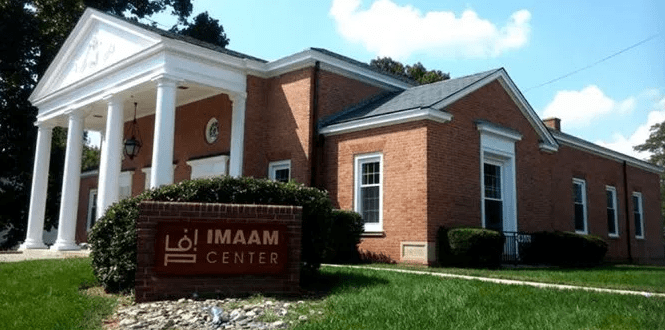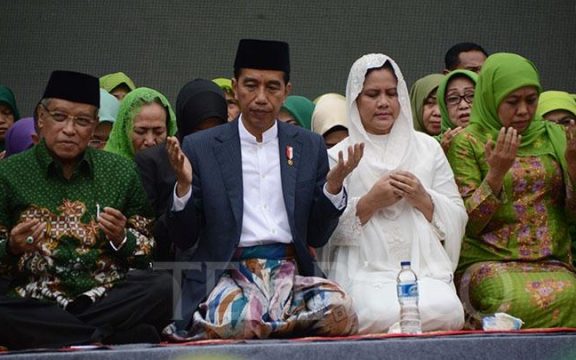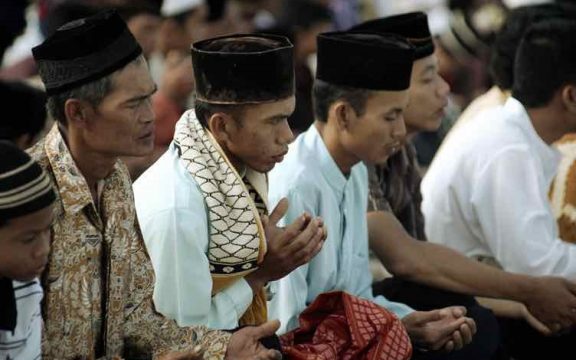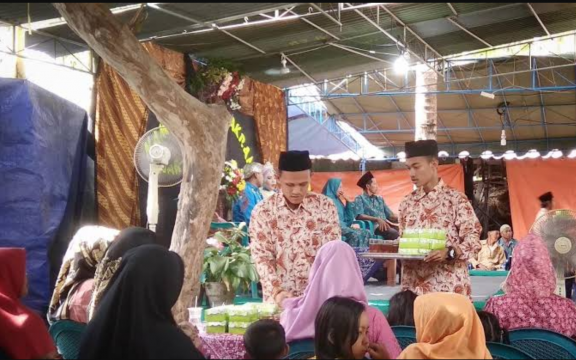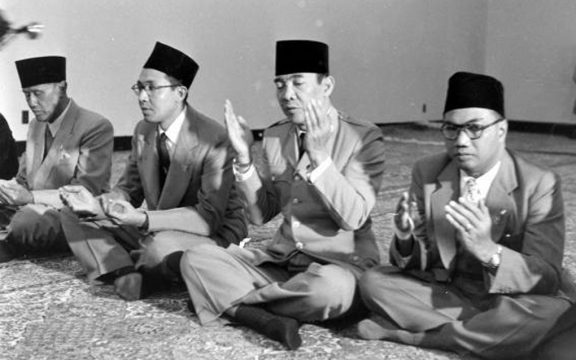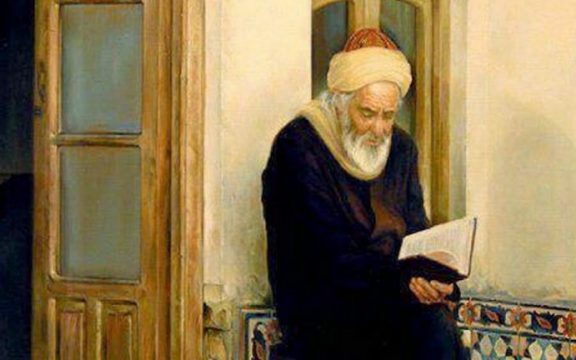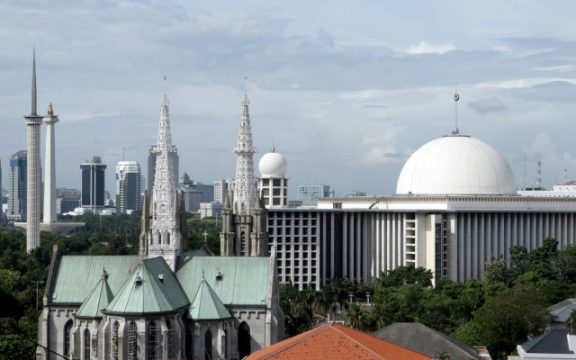Could Islam be compatible with nationalism in Indonesia? The history of the debate and the answer is as old as the history of the Republic itself.
The question deserves a review. However, after reformation era, the beginning of democracy and freedom of expression, Indonesia witnessed the emergence of some anti-nationalism groups in public sphere. Therefore, the debate about the compatibility of Islam and nationalism is still relevant to be raised again.
In fact, the question of relationship between Islam and nationalism has historically revealed dynamic discourses, but seems to have gained little attention. Muslim group who reject the idea of nationalism, at least, can be classified in three arguments: First, the most fundamental argument is based on Islamic creed that unity is manifested on the basis of religion or faith. This argument usually according to the Quran 49:10, “Innamal-mu’minûn ikhwah” (surely all believers are brothers). Islam is believed as a universal value, beyond nationality and geographical boundaries. Therefore, for this argument, Islam and nationalism is assumed as two opposite poles.
Second, the anti-nationalism group argues that the idea of nationalism has caused the demise of the Islamic caliphate (Ottoman Empire). As a result of nationalism, the Islamic Khilafah splintered into small countries and competed with each other. Additionally, nationalism makes Muslims in one country less concern about the fate of Muslims in other countries. For example, the Palestinian issue is not considered a problem of Muslims in Indonesia. Muslims, according to them, become selfish and more concerned with their own country.
Third, a cliche argument but always repeated: nationalism is a Western-product and imported ideology. This argument is more or less the same as when those who were anti-nationalism rejected democracy. The reason for the reinforcement was that the ideology of imported nationalism-democracy became a Western propaganda to divide Muslims.
***
The following paragraphs debate the arguments.
First, the Quranic verse that used to justify anti-nationalism above is incorrect. The verse “surely all believers are brothers” is declarative text (khabariyyah) and does not contain any restrictions, either explicit or implicit, to against nationalism. What is forbidden is become divided (la tafarraqû). On the contrary, some verses before, in the same surah, the Quran confirms the fact that humans were created into nations and tribes (syu’ûban wa qabâ’ila).
As far as I know, most of the texts which have been used to justify anti-nationalism are interpreted by forcing opinions. There is no explicit and strict prohibition in the text, except, if anything, a ban on narrow fanaticism (‘ashabiyyah).
On the other hand, nationalism as an imagined community as applied in Indonesia has beyond that, because it blends various ethnic groups under the Republic of Indonesia. On contrary, the history of the Islamic caliphates shows that most of them were under tribal-dynasty paradigm (such as Umayyad, Abbasid, Selcuk, Fatimiyya, Buwaih, etc.) and not egalitarian with differences in social strata between Muslims and non-Muslim and the rights of freedoms and slaves.
Second, being nationalist does not automatically mean not caring about Muslims in other parts of the world. Moreover, the idea of uniting all Muslims who spread across various countries was difficult – not to say an utopia. For instance, to reconcile Indonesia with Malaysia is indeed not easy, as well as Sunni and Shiite, let alone want to unite Muslims in further parts of the world, with the complex problems.
In fact, learning from the Islamic history, the Islamic caliphate of the Abbasid era was fragmented before Muslims recognized the idea of nationalism. The Abbasid was scattered into small dynasties because of tribal fanaticism. Once again, in Indonesian context, is still better. Isn’t the motto of Bhinneka Tunggal Ika (unity in diversity) as an effort to unite various ethnic groups in terms of historical, linguistic and cultural similarity?
Third, an idea cannot be blamed in accordance with particular person or thing that the idea came from. The important one is the substance, and in this level, Islam does not opposite with nationalism and democracy. The history of classical caliphates has also shown that they absorb the pattern of government from neighboring civilization systems. The ministry system (wizârah), for example, was absorbed from Persia.
History is running progressive. For example, we cannot re-adopt the concept of slaves because this concept was existed and recognized by Islam both at the time of the Prophet and the Caliphate. Of course, we don’t want to reject the abolition of slavery just because the effort to abolish slavery came from the 1948 international declaration of human rights.
***
Historical facts need to be a sharia reference. Because, rejecting historical facts, as arguments that are often used by anti-nationalism groups, means leaving from a vacuum to apply the sound of the scriptural text to reality.
Even if we cannot see the fact of the breakdown that occurred in some of the history of classical Khilafah, we can see to the Muslims experience in Medina under the Prophet Muhammad leadership.
In Medina, Prophet Muhammad faced plural communities: Muhajirin, Ansar (Aus & Khazraj) Muslims, three Jewish tribes (Nadhir, Quraizhah, & Qainuqa ‘), and a small portion of Christians and idol worshippers. In fact, in the early days, Muslim was a minority compared to the majority of the People of the Book (ahl kitab). The ethnic and religious pluralism was addressed by the Prophet by making a political treaty called the Medina Charter (mitsâq al-madînah).
The text of the Medina Charter can be read from the oldest Prophet’s Sirah book ever found, as-Sirah an-Nabawiyyah, by Ibn Hisham, in Chapter ar-Rasûl Yuwâdi’u al-Yahûd (Rasulullah Binds the Covenant with the Jews). The first point of the charter states: “This agreement from Muhammad; between believers and Muslims from Quraysh and Yathrib, and those who followed them, and fought with them; that they are one ummah. “
The point is: Prophet Muhammad united every element of society in the ummah who worked together to defend Medina from the enemies. Medina was a miniature of the state, or more precisely a leadership, which is substantively the same as nationalism that is bounded by geographical areas.
As a social contract, the Medina Charter more or less the same as Pancasila. Thus, it is clear that Islam does not conflict with nationalism.
![Islami[dot]co](https://en.islami.co/wp-content/themes/jambualas/images/logo.png)
